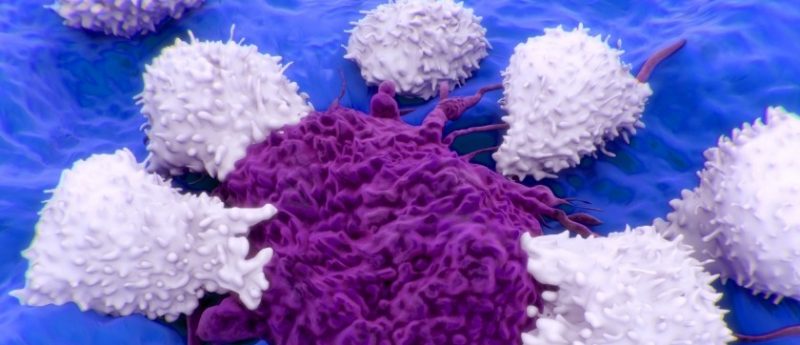Committee for Medicinal Products adopts positive opinion for use of idelalisib in some hematologic malignancies

Gilead Sciences, Inc (CA, USA) announced last week that the Committee for Medicinal Products for Human Use (CHMP) have adopted a positive opinion concerning their Marketing Authorization Application for Zydelig® (idelalisib), a novel therapy for individuals with chronic lymphocytic leukemia (CLL) and follicular lymphoma (FL).
Both CLL and FL are slow-growing hematologic malignancies, treatment for which currently involves chemo-immunotherapy. Relapse commonly occurs after initial therapy, at which point patients may be unable to tolerate chemotherapy and thus their treatment option may be limited.
The positive opinion adopted by the CHMP supports the utilization of idelalisib in combination with rituximab in three specific clinical scenarios:
•For the treatment of adult patients with CLL who have received at least one prior therapy
•As a first-line therapy in individuals with CLL who are unable to receive chemo-immunotherapy, if they are positive for 17p deletion or TP53 mutation
•As a monotherapy in adult FL patients with disease that is refractory to two prior lines of treatment.
The data from two clinical trials, Study 116 and 101-09, provided the basis for this positive CHMP opinion. The Phase III Study 116 was conducted to investigate the safety and efficacy of idelalisib in combination with rituximab in patients with previously treated CLL. Additionally, the Phase II 101-09 study provided information about the use of efficacy and safety of idelalisib in patients with indolent non-Hodgkin lymphoma who were refractory to rituximab and alkylating agents. Both studies appeared in The New England Journal of Medicine in March of this year.
As an investigational product, the safely and efficacy of idelalisib are yet to be established. Common adverse effects of the therapy in these trials, reported in ≥20% of the patient population, included diarrhea, pyrexia, fatigue, nausea, cough, abdominal pain and chills. Furthermore, adverse effects that were observed to be grade 3 or 4 included elevations in liver function indicators, pneumonitis and diarrhea/colitis.
The CHMP’s recommendation will now undergo review by the European Commission, which has the authority to approve medicines for use in the 28 countries of the European Union.
Source: Gilead press release

